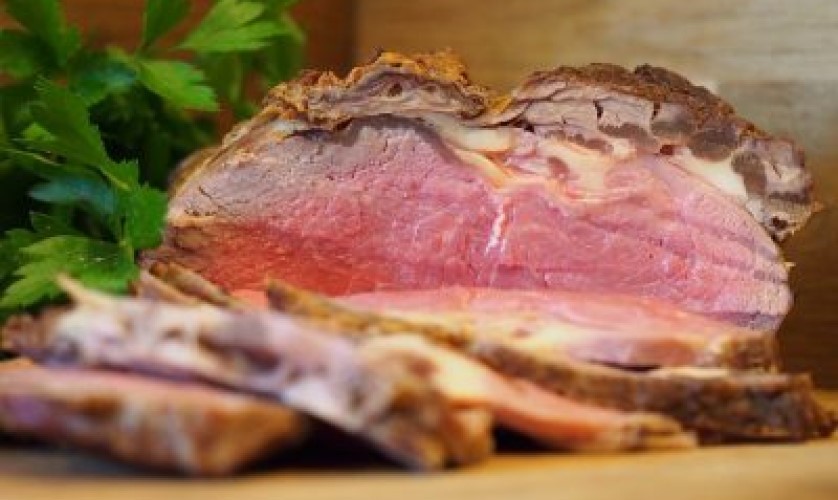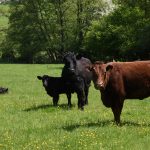Meat under fire in National Food Strategy report
Meat production and meat consumption are under fire in the second part of Henry Dimbleby’s National Food Strategy report. It recommends major reform of the UK’s food system including the goal that by 2032 the national diet should include eating 30% less meat.

Response from the industry has been strong. NFU president, Minette Batters said: “It is important that we do not throw meat into one blanket category and that we all make a clear distinction between grass-fed British meat and cheap imports.
“We should be considering British meat in its own category, recognising its sustainability and dense nutritional value. After all, scientific and medical communities agree it is a key part of a healthy, balanced diet, chock full of essential vitamins and minerals.
“This strategy says major reform is needed of the food system. I would suggest we first look at the actions our Government is taking by agreeing to trade deals that welcome in imported meat in limitless amounts.
“This underlines the importance of domestic, high-quality, traceable food production for the nation’s health and wellbeing and the importance of demonstrating global leadership in this area. This is only something we can do if we all get behind a viable British farming industry. It will never be achieved by exporting our food production more and more to countries which don’t adhere to the same values or production methods.”
Soil Association CEO Helen Browning said: “The meat question will spark debate, but the evidence is clear that dietary change will be needed to enable more nature-friendly farming. The wider uptake of agroecology, as recommended in the strategy, would see livestock, and particularly ruminants, reintroduced into rotations and animals playing an important role on the land, but our diets must adapt for such an approach to be viable. We will need to eat much less industrially farmed meat, which can drive deforestation and land use change through its reliance on imported feed crops, and ensure that the meat we do eat is produced in regenerative systems that support biodiversity.”
Dr Russ Tucker, co-founder and CTO, Ivy Farm said: “Our national diet has to change but rather than cutting back on meat there is another way – backing cultured or ‘lab-grown’ meat.
“We warmly welcome Henry Dimbleby’s call for the Government to provide meaningful funds for innovation and we would urge ministers to take the potential of cultured meat seriously. It’s real meat, but with a far lower carbon footprint.
“As Henry Dimbleby notes, the UK could miss out on thousands of jobs without the right support for innovation in food. Other nations such as Singapore, Israel and the US are moving ahead fast.
“At Ivy Farm we are working towards producing cultured meat at scale and hope to put it on consumers’ plates in the next 18 months. We strongly believe it will be the ‘tastiest alternative’.”

 New report sheds light on future of beef farming
New report sheds light on future of beef farming Continued online growth in 2021 for Farmison & Co
Continued online growth in 2021 for Farmison & Co
